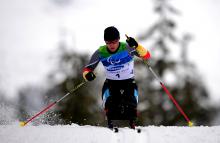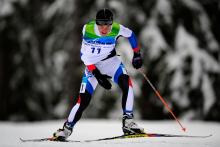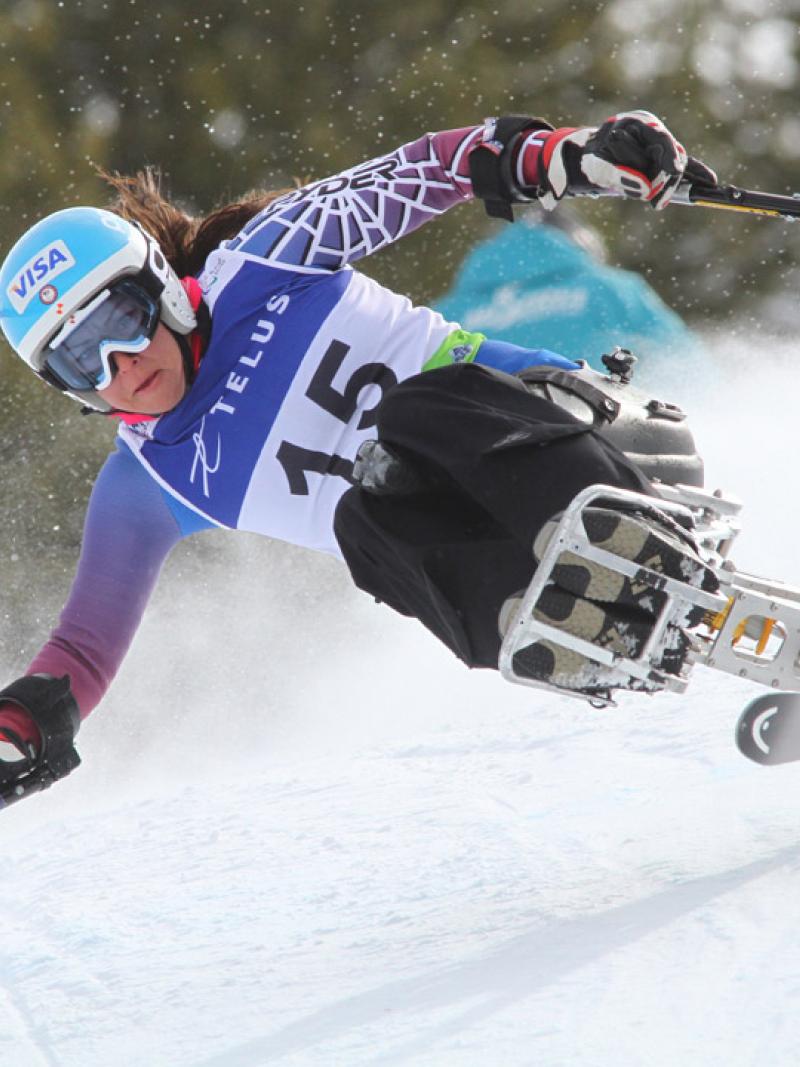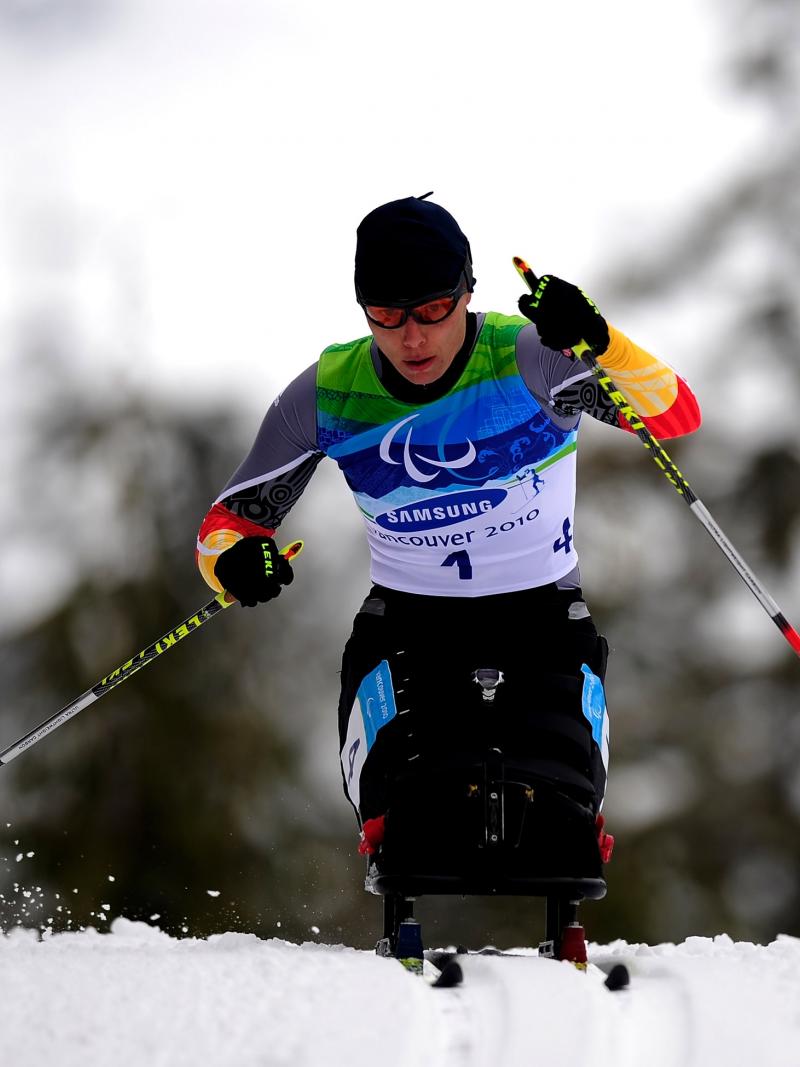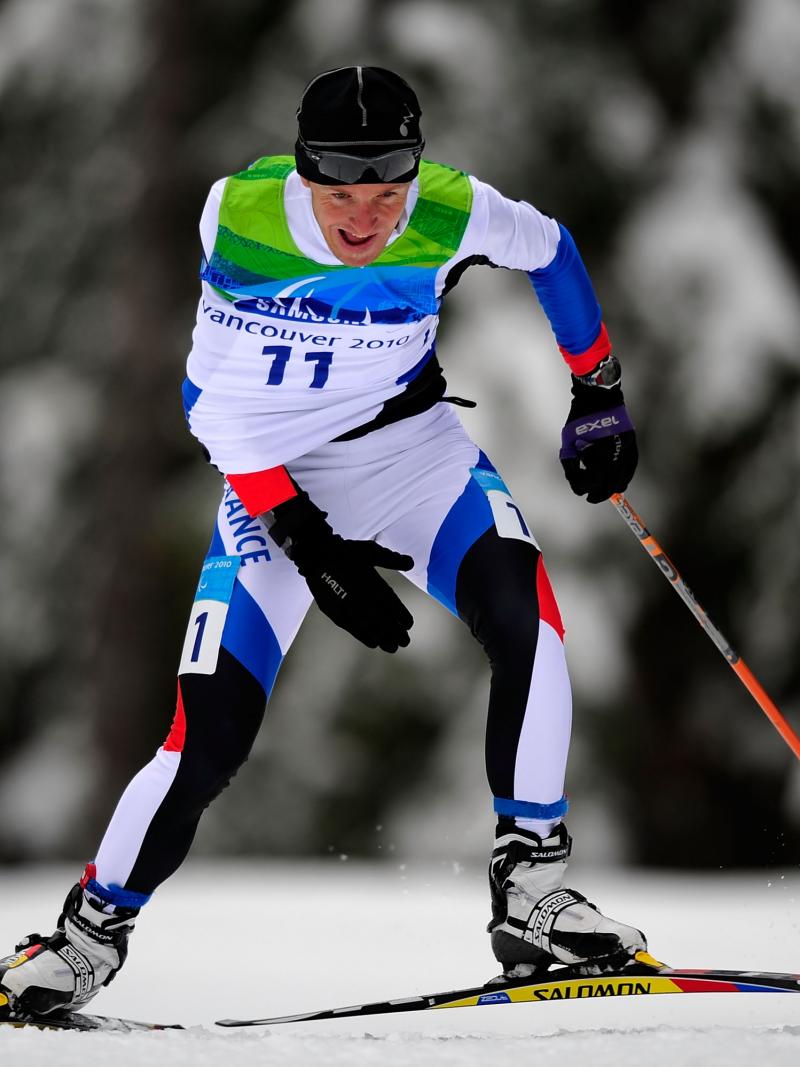Sochi 2014: Dual-sport athletes have high hopes
Several athletes, such as USA’s Alana Nichols and Germany’s Andrea Eskau, will compete at Sochi 2014 after having taken part in London 2012. 07 Mar 2013“I’ve been preparing for three years, and I’ve got one more year to go. I just want to get there and point it down the hill.”
Training for any sporting event can be a taxing and painstaking affair with the motivation of potential success sometimes the only driving force that gets one through.
So when that sporting event is one of the largest in the world – the Paralympic Games – the stakes are certainly raised, and with four years before each Paralympic Games, the road to success is a long one.
However, there are some athletes who decide one Paralympics, and more importantly, one sport is just not enough and take on another sport.
Top Paralympians who compete in both summer and winter sports include: USA’s Alana Nichols and Allison Jones; Australia’s Jessica Gallagher; Sweden’s Anders Olsson; France’s Yannick Bourseaux and Germany’s Andrea Eskau.
All of the aforementioned are currently gearing up to compete in either alpine or nordic skiing at the Sochi 2014 Paralympic Winter Games.
But how does an athlete decide to compete at an elite level in multiple sports?
Eskau explained her route into nordic skiing.
“I first started with handcycling, and it’s kind of a funny story why I started it,” she said. “I had a disability guide dog and became fat as I am living in a hilly area. And so I got a handbike to be able to go with him for a walk.
“Then I took part in a competition, just for fun. And since I used to do high-performance sport, I started to get ambitious right away. I didn’t know that there was also something like nordic skiing until I got involved in handcycling, as there were quite a few athletes doing both sports.
“It was really a great experience in the beginning, doing nordic skiing. Usually, as a wheelchair user, you don’t really like the winter. You have a hard time getting around, everything gets dirty, and everything is just really tiring.”
Nichols, meanwhile, was part of USA’s women’s wheelchair basketball team that finished fourth at London 2012 and will enter Sochi 2014 as the reigning Paralympic champion in the downhill and super-G sitting events.
“It’s obviously a quick turn around,” Nichols said. “When all my fellow competitors and teammates were resting after London – and even now – I’m competing in an entirely different sport.”
“One of the biggest challenges is just staying motivated because it’s just draining all of the time out of you and your conscience is just always asking ‘What can I be doing more? How can I be going for the gold?’”
Although Nichols has reiterated how “mentally draining” competing in two sports can be, she wouldn’t give it up for the world.
“I’m super excited to get to Sochi and just give it everything I’ve got,” Nichols said. “I’ve been preparing for three years, and I’ve got one more year to go. I just want to get there and point it down the hill.”
Both Eskau and Nichols, as well as the rest of the dual-sport athletes, are now fully focused on their winter sports, having to put their summer sports aside for the time being.
“I made the mistake to try and be good in both sports at the same time, and then came the point that nothing really worked out,” Eskau said.
“When you then start mixing in a second sport, then it’s not ideal and you have to live with the results.”
Furthermore, Eskau, 42, said the Sochi Games will be the conclusion of her winter sport career, however not necessarily the end of her Paralympic career.
“I really would like to go to Rio with my handbike,” she said. “I am on top there now and why should I stop?”




-Mark-Kolbe-Getty.jpg)



